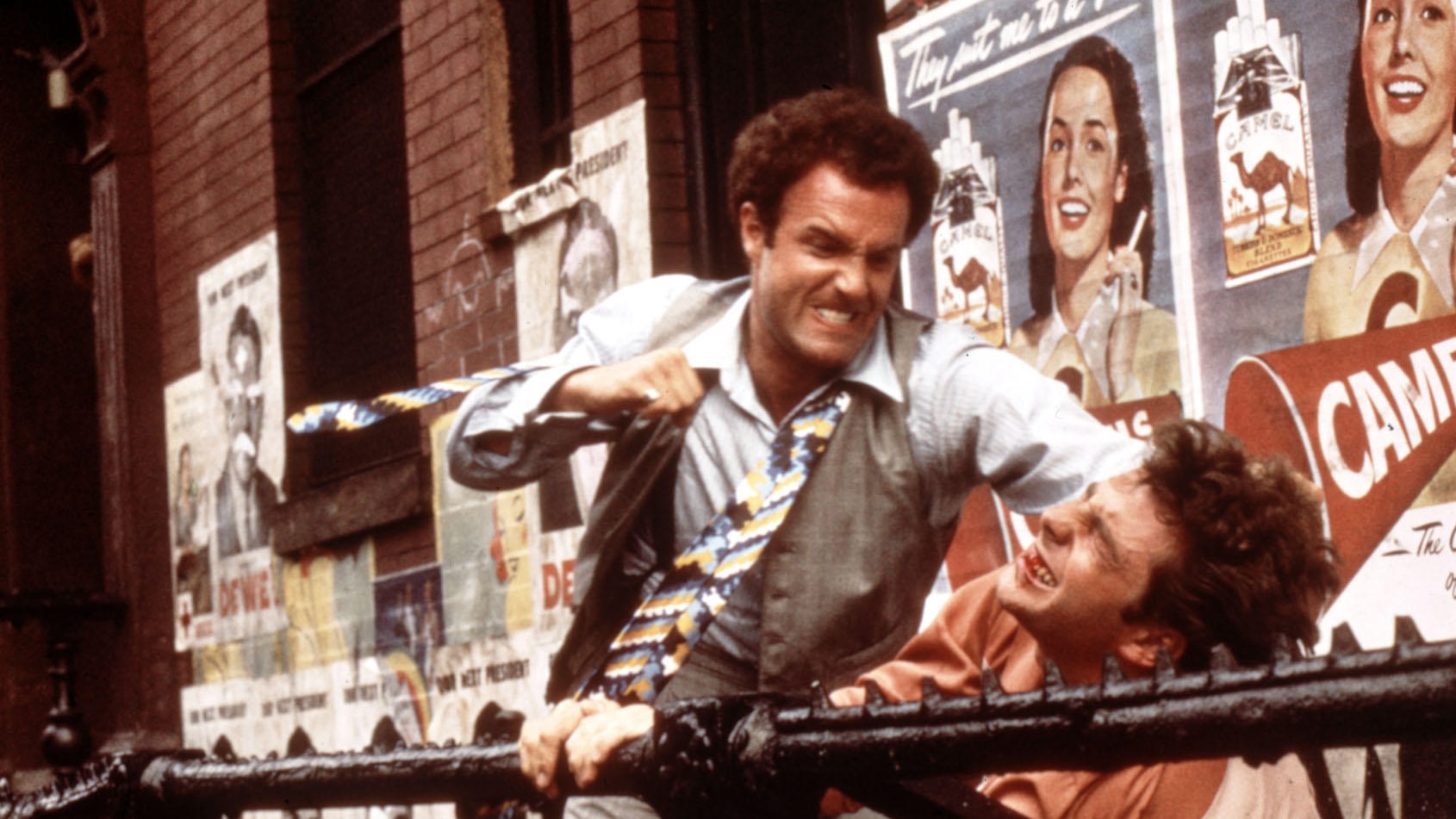The Godfather, Francis Ford Coppola’s epic tale of a mafia family, is almost universally considered one of the greatest movies of all time. But if you watched the Megalopolis trailer, Coppola’s latest coming out on September 27, you may be surprised to see it feature quotes from critics of the time disparaging the movie and a voiceover from Laurence Fishburne that says “true genius is often misunderstood.” But was that really the case? Were critics not as enthusiastic about The Godfather when it was first released?
The inclusion of those quotes from detractors of Coppola’s movies (not just The Godfather, but Apocalypse Now and Dracula) is clearly a way for the movie to try and counter the generally mixed reviews that Megalopolis has received to date. As of publication, Megalopolis is rated “Rotten” on Rotten Tomatoes with a score of 53% (I haven’t seen the movie yet so I can’t weigh in). They want to paint Megalopolis as a movie ahead of its time and that will ultimately be considered in the same echelon of The Godfather and Apocalypse Now.
I was definitely taken aback by the strategy (OK, I laughed out loud), particularly for The Godfather. That’s because The Godfather‘s reputation and the fact it won Best Picture at the Oscars and was the top-grossing movie at the US box office in 1972 made me skeptical that it wasn’t widely praised at the time. So I did some digging to figure out if a number of critics were truly hard on The Godfather.
We’ll start off with Andrew Sarris, who is quoted twice in the Megalopolis trailer for his take on The Godfather, with them using quotes like calling it “a sloppy self-indulgent movie” and that it “doesn’t know what it wants to be.” The trailer labels Sarris as a critic from The Village Voice, however, we can’t find those exact quotes from Sarris in his rewiew from The Village Voice. Aside from some positive notes for the performances (he is not as enthused about Brando’s role as Vito Corleone, but was a James Caan fan), Sarris does seem to be more negative about the movie, writing in the review “I am convinced that The Godfather could have been a more profound film.”

The other critic they mention to criticize The Godfather is Pauline Kael, quoting her as writing the movie was “diminished by its artiness.” Again though, we were not able to find anything in our initial search with that quote. Even more curiously, Kael’s original review from The New Yorker reads generally positive (Rotten Tomatoes officially rates Kael’s review as “Fresh” on their site). Its opening line reads “If ever there was a great example of how the best popular movies come out of a merger of commerce and art, The Godfather is it.” She is also very complimentary of Coppola’s work on the movie, describing it as “tenaciously intelligent” and praising him for the giving the movie “spaciousness and strength,” while comparing it to other classics like On the Waterfront and From Here to Eternity.
Other reviews that I was able to find were also mostly positive, if not enthusiastic. RogerEbert.com has the eponymous critic’s initial review of The Godfather on its site, which gives the movie four stars, saying “Coppola has found a style and a visual look for all this material so The Godfather becomes something of a rarity: a really good movie squeezed from a bestseller.” The New York Times’ Vincent Canby said “Francis Ford Coppola has made one of the most brutal and moving chronicles of American life ever designed within the limits of popular entertainment.” And the San Francisco Chronicle’s Peter Hartlaub went so far at the time to call it “the best gangster movie ever produced,” a claim that many would still agree with.
Were there critiques of The Godfather when it came out? Of course there were. It’s practically impossible for every single critic to agree on a movie and even those that praise it generally find a point or two to quibble about. But the idea that The Godfather wasn’t seen as one of the best movies of the year by the critics at the time feels like it is stretching the truth a bit too much. Even if I missed the articles that feature the Sarris and Kael quotes used in the trailer (possible as I’m just working off a basic internet search and not doing a deep dive into detailed archives), the overall sentiment of The Godfather appears to be on line with how we see the movie now.
I actually think the strategy by the marketing team behind Megalopolis is smart. The movie is generating divisive opinions, so absolutely go with the angle that many great movies have their fair share of critics. But listing The Godfather as one may have been a bridge too far.
Megalopolis releases exclusively in movie theaters on September 27 in the US and UK. Watch the trailer right here:

Watch On


